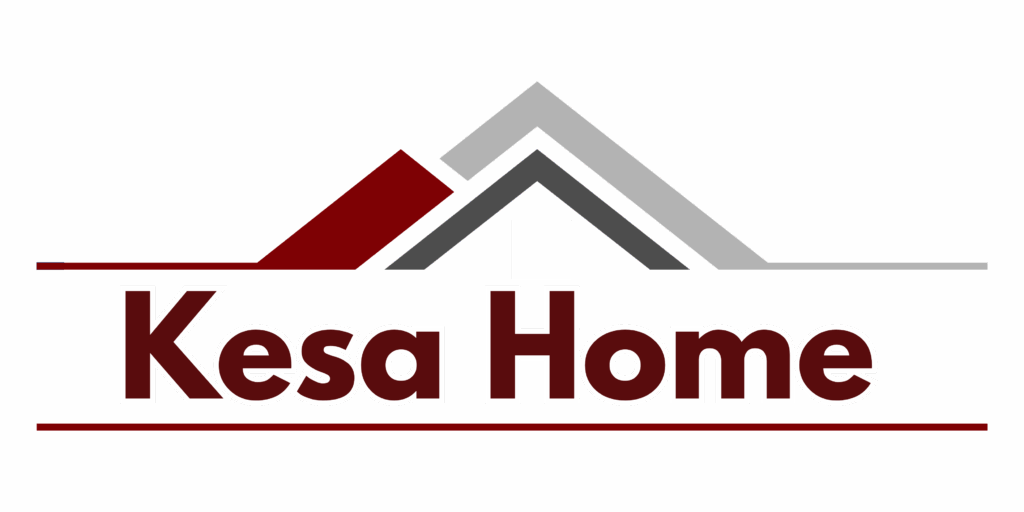You notice a few shingles peeling up, maybe a small water stain in the ceiling, and your first instinct is to fix it yourself. After all, there are countless tutorials online, roofing materials are easy to buy, and how hard could it really be? For many homeowners, DIY repairs seem like the perfect way to save money and take control. But here’s the catch—roofing is not your average weekend project. It’s high-risk, highly technical, and mistakes can cost you far more than you think. DIY repairs can turn into expensive disasters if you don’t know what you’re doing. On the flip side, hiring a professional seems costly, but you’re paying for expertise, safety, and long-term protection. So which path is best? Let’s break down the pros, cons, and critical differences between tackling roof repairs yourself and trusting a professional roofer.
The Allure of DIY Roof Repairs
Taking the DIY route feels empowering. You’re saving money, taking action right away, and avoiding the hassle of booking a contractor. For small issues, like replacing a shingle or applying sealant to a vent pipe, it might make sense. But even small jobs require more than just confidence.
Pros of DIY Roof Repairs:
- Lower upfront cost: No labor charges—just materials.
- Convenience: No waiting for appointments.
- Personal satisfaction: There’s pride in fixing your own home.
Cons of DIY Roof Repairs:
- Safety risks: Roofing is dangerous. Falls from roofs send thousands to the ER every year.
- Lack of experience: You might not spot hidden damage or make repairs to code.
- Potential for costly mistakes: One wrong nail can create a leak.
- Voided warranties: Improper DIY work can void manufacturer or insurance coverage.
It’s also worth noting that many homeowners underestimate how complex roofing systems are. You’re not just dealing with shingles—you’re dealing with flashing, underlayment, ventilation, and structural decking. Miss one detail, and you could set yourself up for long-term water damage.
When It Makes Sense to Hire a Professional
Roofing contractors don’t just bring ladders and hammers—they bring experience, training, and insurance. A professional knows how to diagnose the problem correctly, fix it safely, and ensure the repair holds up through all seasons.
Benefits of Hiring a Roofer:
- Expert diagnosis: A pro can spot damage you might overlook.
- Proper materials: Contractors use high-quality, warranty-backed supplies.
- Safe practices: Pros are trained to work at heights and handle dangerous tools.
- Long-term value: Quality repairs last longer and protect your home’s structure.
- Warranties and guarantees: Many roofers offer workmanship warranties and insurance coverage.
Roofers also understand local codes and manufacturer requirements, which means their work won’t put you at risk during inspections or home sales.
Cost Comparison: DIY vs. Professional Work
At first glance, DIY seems cheaper. You’re cutting out labor costs and buying only what you need. But this can be misleading. Let’s compare:
DIY Roof Repair Costs (Average):
- Bundle of shingles: $30–$50
- Roofing nails, sealant, tools: $50–$100
- Ladder or safety gear (if needed): $100+
- Total: $200–$300+
Now factor in the cost of mistakes:
- Fixing a failed repair: $500–$1,000+
- Water damage to drywall or insulation: $1,000–$5,000
- Mold remediation: $2,000–$6,000+
- Full roof replacement (if damage spreads): $8,000–$15,000
Professional Repair Costs (Typical):
- Minor shingle repair: $150–$400
- Flashing replacement: $300–$800
- Leak repair with inspection: $250–$1,000
In many cases, hiring a professional from the beginning ends up being more cost-effective when you consider the risks and long-term consequences.
Safety: The Risk You Can’t Ignore
Roofing is one of the most dangerous construction tasks. Working at heights without proper training or equipment is a serious hazard. Even a minor slip can lead to major injury or worse.
Professionals follow OSHA safety standards, use harnesses, install anchor systems, and know how to work around power lines, chimneys, and steep pitches. If you’ve never worked on a roof before, attempting a repair is simply not worth the physical risk.
DIY Mistakes That Lead to Major Damage
Even well-meaning homeowners can make small mistakes that lead to big problems. Here are a few common DIY errors:
- Incorrect nail placement: Nails driven too high or too low can let water seep in.
- Improper shingle overlap: Misaligned shingles create pathways for leaks.
- Damaged flashing: Trying to patch flashing with sealant doesn’t last.
- Ignoring ventilation: Poor airflow causes heat and moisture buildup in the attic.
- Covering rather than fixing: Layering new shingles over old ones can trap moisture and accelerate damage.
These mistakes often don’t show up immediately. It might take weeks or months before water damage becomes visible inside the home—by which point, repair costs have multiplied.
When Is DIY Okay?
If you’re handy, comfortable with heights, and the repair is truly minor, DIY might work for you. Acceptable DIY tasks include:
- Cleaning debris off the roof
- Clearing gutters
- Applying moss remover
- Replacing a single shingle (with proper tools and care)
- Resealing around a pipe boot or small flashing edge
Anything beyond that—especially leaks, flashing issues, sagging sections, or storm damage—warrants a call to a professional.
The Bottom Line: Protect Your Investment
Your roof protects your home, your family, and your peace of mind. It’s not the place to experiment or cut corners. While DIY can be tempting, roofing mistakes are costly and dangerous. A professional doesn’t just fix your roof—they give you the assurance that your home is protected long-term. If you’re unsure, get an inspection first. Many roofing companies offer free or low-cost assessments and can help you understand the scope of the problem before you commit to anything. Choosing the right path isn’t just about saving money—it’s about protecting your biggest investment.

